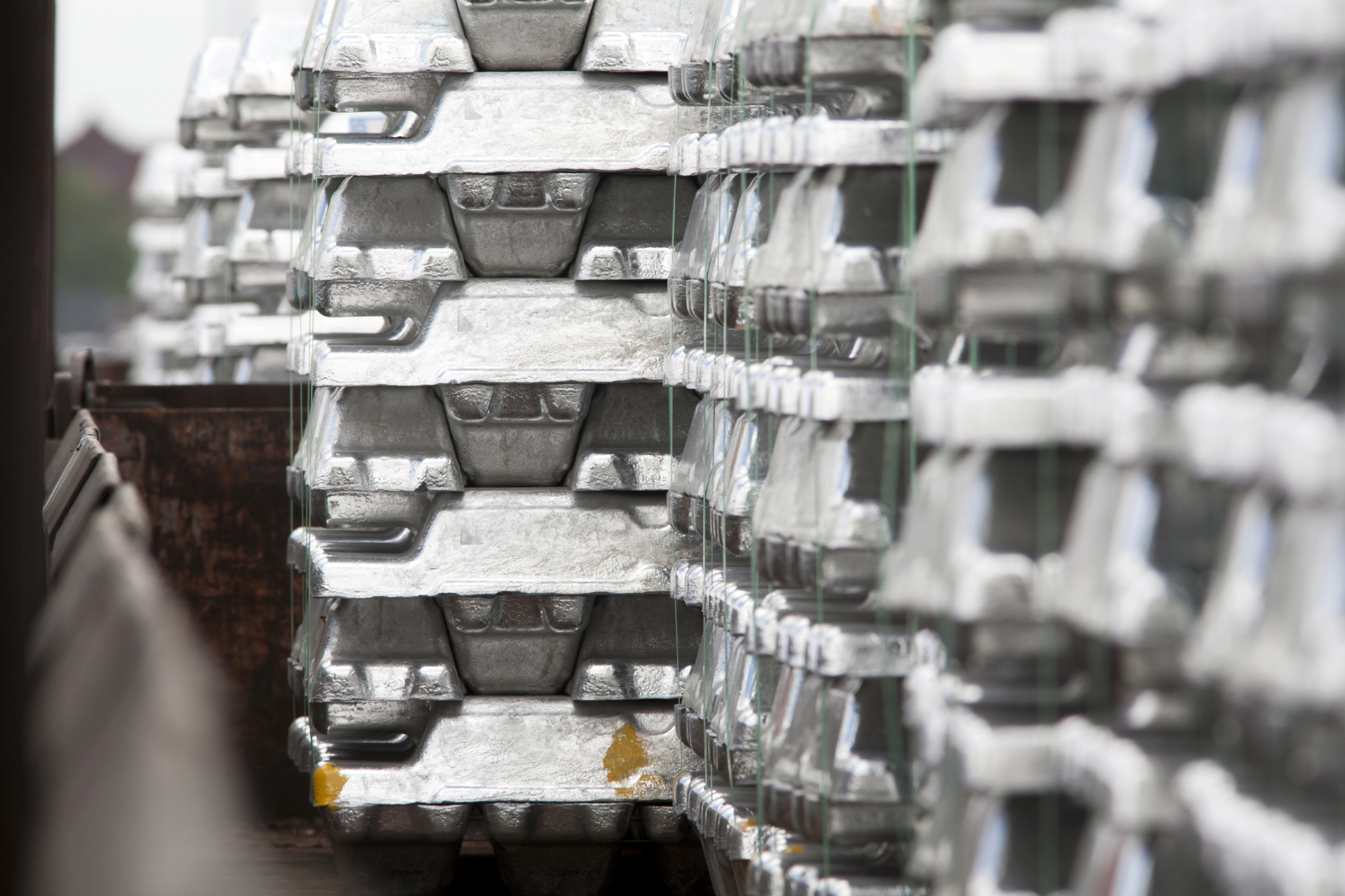
Intel Corporation has introduced stringent compliance requirements for its suppliers following the imposition of new 25% tariffs on aluminum and stainless steel imports into the United States. The updated regulations, effective March 12, 2025, eliminate all exemptions and apply to covered metals and their derivatives, significantly impacting industries reliant on these materials. The semiconductor giant’s move reflects broader adjustments across supply chains affected by the tariffs.
Although Intel is primarily associated with silicon-based products, aluminum plays a critical role in its manufacturing processes. Integrated heat spreaders (IHS) use nickel-plated copper or aluminum, while CPU sockets, stiffening frames, heatsink fasteners, screws, and brackets for add-in boards may include aluminum components. Cooling systems like Intel’s Laminar RH1 and RH2 rely on aluminum and copper heatsinks. These materials are essential for ensuring the functionality and durability of Intel’s products.
To comply with customs regulations and avoid penalties or delays, Intel now requires suppliers to provide detailed information about the metals used in their products. For aluminum components, suppliers must declare the primary and secondary countries of smelt as well as the country of the most recent cast. Recycled aluminum products must specify the country of origin. These measures aim to ensure transparency and traceability throughout Intel’s supply chain.
Suppliers using third-party manufacturers or brokers are still responsible for tracing this information, even for warranty replacements or pre-facility kits. Intel has made an official affidavit form available for suppliers to complete and submit to facilitate customs clearance. The company emphasizes collaboration with its partners to maintain compliance while minimizing disruptions.
The new tariffs have introduced challenges across industries reliant on imported metals, including automotive, aerospace, construction, and electronics. Higher costs for manufacturers are expected to translate into increased consumer prices for goods such as vehicles, appliances, and packaged products. The tariffs aim to boost domestic production but have raised concerns about inflationary pressures and supply chain disruptions.



